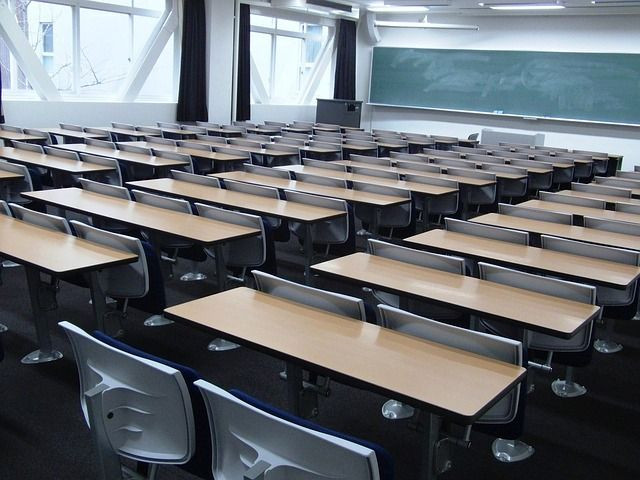On Your Feet: Students’ Cognitive Functioning Improved When Using Standing Desks

New research out of the Texas A&M Health Science Center School of Public Health suggests students may think best when they’re on their feet.
Published in the International Journal of Environmental Research and Public Health, the study offers some of the first evidence of neurological benefits of standing desks in classrooms, where students are given a preference for what they would rather do. Testing was done on high school freshman students who utilized the desks, evaluating them at the beginning and end of the school year. Dr. Ranjana Mehta, an assistant professor at the Texas A&M School of Public Health, led the experiments aiming to assess neurocognitive benefits.
Through computerized tests, students’ executive functions were evaluated. Executive functions are the cognitive skills we use to analyze tasks and break them into steps, and are directly related to academic needs like time management, memorizing facts, and solving multi-step problems. These functions are largely controlled by frontal brain regions, so researchers used a portable brain-imaging device to examine any associated changes.
“Test results indicated that continued use of standing desks was associated with significant improvements in executive function and working memory capabilities,” Mehta said in a press release. “Changes in corresponding brain activation patterns were also observed.”
Earlier studies that focused on energy expenditure demonstrated that students paid better attention to teachers and had better behavior when using standing desks. Mehta’s research, however, is the first to use unbiased methods to examine cognitive responses and brain function of students while using standing desks.
“Interestingly, our research showed the use of standing desks improved neurocognitive function, which is consistent with results from previous studies on school-based exercise programs,” Mehta noted. “The next step would be to directly compare the neurocognitive benefits of standing desks to school-based exercise programs.”
Dr. Mark Benden, co-researcher and director of the Texas A&M Ergonomics center, added that there is plenty of anecdotal evidence from teachers about how students are better behaved and more focused when using standing desks. Still, he said, the new study was needed.
“This is the first examination of students’ cognitive responses to the standing desks, which to date have focused largely on sedentary time as it related to childhood obesity.”
Policymakers, public health professionals, and school administrators could be influenced by continued investigation of the effects of standing desks. Simple changes in classrooms that have the potential to increase energy expenditure and enhance cognitive skills would be a valuable contribution to the educational world.
Source: Mehta R, Shortz A, Benden M. Standing Up for Learning: A Pilot Investigation on the Neurocognitive Benefits of Stand-Biased School desks. Journal of Environmental research and Public Health. 2016.
Published by Medicaldaily.com



























